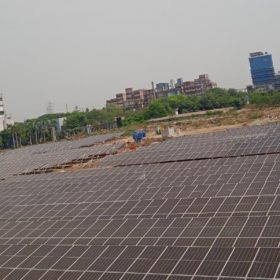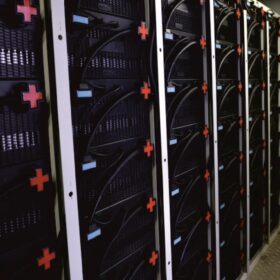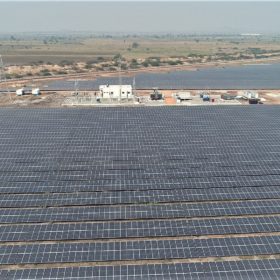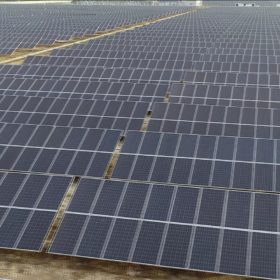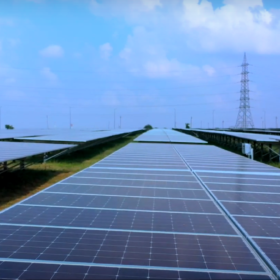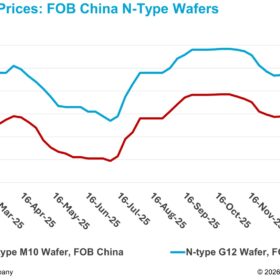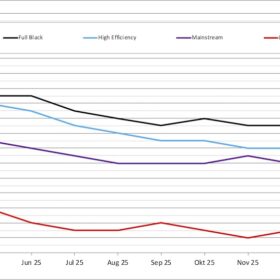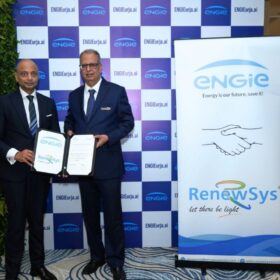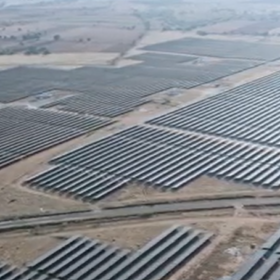ReNew raises $400 million via green bonds
The developer said the funds raised would go towards refinancing its existing dollar debt and funding various growth initiatives.
Gensol Engineering revenue soars 144% in fiscal 2022-23
The Ahmedabad-based solar EPC and advisory services provider has recorded a revenue of INR 391.61 crore for the fiscal year ended March 31, 2023, defying the headwinds posed by volatile commodity prices.
Tata Power Delhi discom signs $20.2 million financing deal with ADB
Tata Power will use the secured financing to enhance Delhi’s power distribution through grid enhancements and a battery energy storage system.
Grew wins 2 GW wafer-to-module capacity under PLI Scheme
Ahmedabad-based Grew Energy will receive incentives of INR 566.71 crore for 2 GW of integrated wafer-cell-module manufacturing.
Amp Energy India wins 1 GW solar cell and module capacity under PLI Scheme
The renewable energy developer has won incentives of INR 140 crore ($17 million) for 1 GW of integrated solar PV cell and module production capacity.
SJVN secures $111.3 million Japanese loan to fund solar projects
SJVN has secured around INR 915 crore ($111.3 million) loan to partly finance its 90 MW Omkareshwar floating solar project in Madhya Pradesh and 100 MW Raghanesda solar project in Gujarat.
Avaada Group wins 3 GW solar manufacturing capacity under PLI Scheme
Avaada Group won a production-linked incentive of INR 961 crore ($116.78 million) for 3 GW of wafer-to-module capacity.
India’s energy transition presents $25 billion annual investment potential: Avendus Capital
India attracted around $10 billion of annual investment in the renewable energy sector over the last five years. High economic growth and a stable commitment to decarbonization have drawn the attention of major organizations and investors from around the world.
ReNew repaid over $1 billion to offshore bondholders in FY2023
The amount repaid included the most recent amortization of $180 million this month.
Indosol, Reliance win production-linked incentives for poly-to-module manufacturing
Eleven companies have emerged winners in the second round of production-linked incentive scheme for high-efficiency solar modules. Out of these, Indosol, Reliance, and First Solar have won incentives for fully integrated manufacturing capacities.

